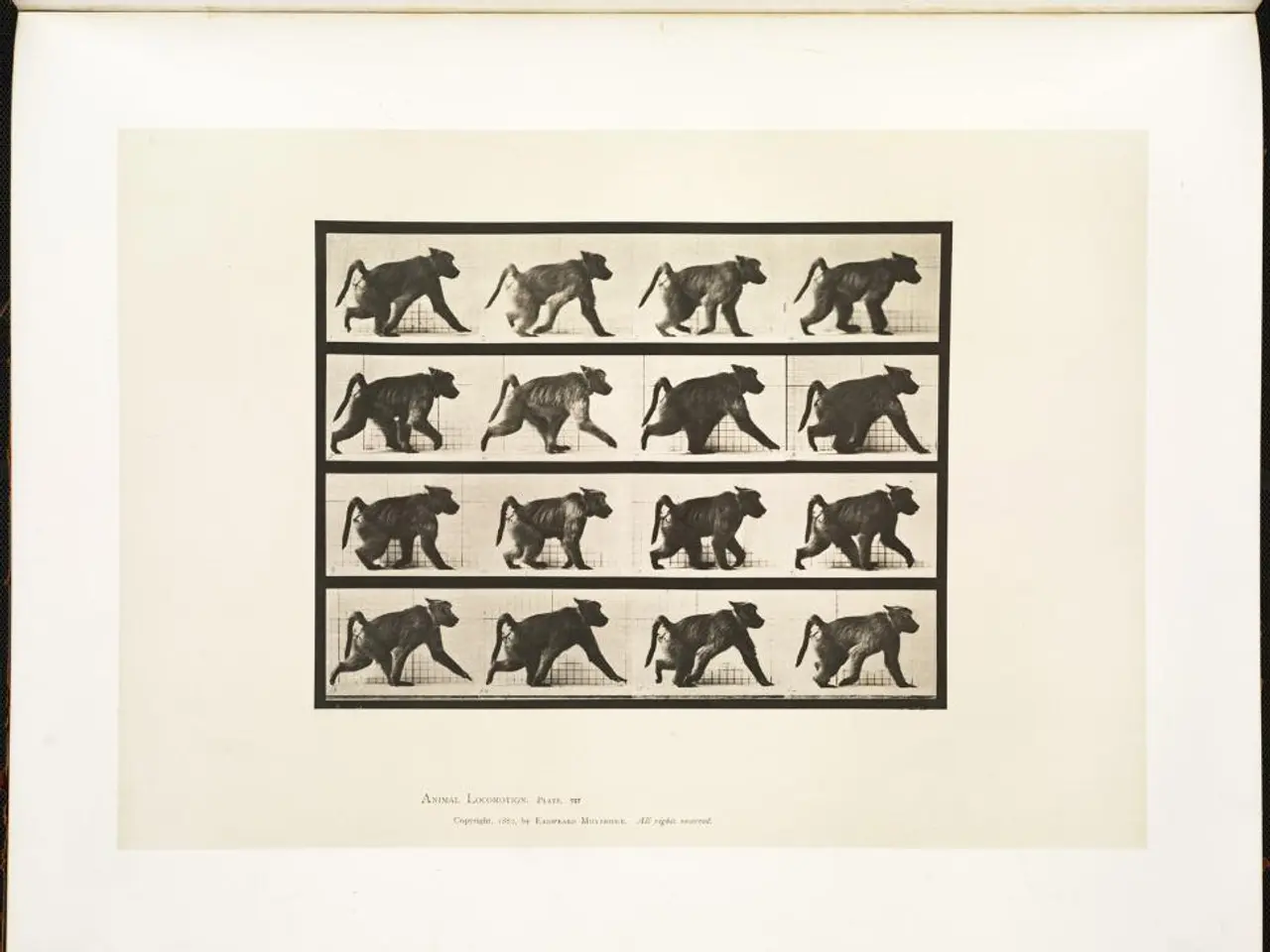Colossal Biosciences Resurrects Dire Wolf, Raising Safety and Ethical Concerns
Colossal Biosciences, a biotech company co-founded by renowned geneticist George Church, has successfully resurrected the dire wolf. This feat, achieved with a $435 million funding and a team of 170 scientists, has sparked both excitement and concern.
The dire wolf, once thought to be as heavy as 150 pounds, could potentially pose threats to livestock and wildlife, including cattle, horses, and even house pets. However, media portrayals have often depicted these resurrected wolves as small and cuddly, which may not reflect their true nature.
Colossal Biosciences' dire wolf is not a perfect replica, sharing many but not all DNA with its ancient counterpart. This has raised fears of unintended consequences and the creation of 'super wolves'.
The company's previous work includes resurrecting a woolly mouse with mammoth-like genes and producing red wolves. However, red wolves reintroduced into the wild have faced challenges, including disease, competition, and wandering outside designated areas for food.
Colossal Biosciences' de-extinction efforts, backed by substantial funding and scientific expertise, have brought back the dire wolf. While this achievement is remarkable, it also raises important questions about the potential impacts on ecosystems and the ethical considerations surrounding such projects. Further research and careful management will be crucial to ensure the responsible use of these technologies.
Read also:
- One in Three Kentuckians Living with Prediabetes
- Exploring the Psychological Impacts of Plant Therapy and Enhancing Mental Health through Floral Interactions
- EU Faces Demand from Protesters to Halts Incineration of American-Owned Birth Control Products
- MERS (Middle East Respiratory Syndrome): A Comprehensive Overview and Treatment Guide





